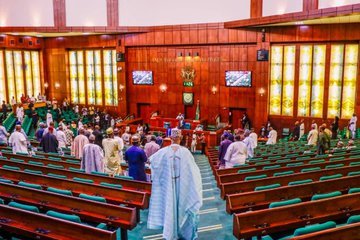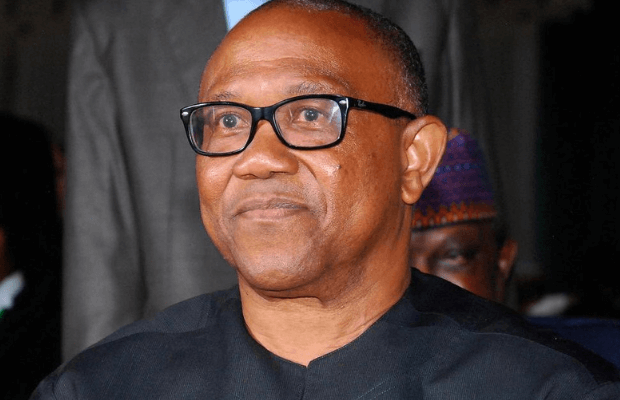Like a government under siege, the Nigerian Senate passed the new National Minimum Wage Bill, known as the National Minimum Wage Act 2019 (Amendment Bill), sent to it by the Nigerian President, Bola Tinubu, earlier this morning.
In an unprecedented, dramatic fashion, the bill swiftly scaled first, second, and third readings just minutes after President Bola Tinubu transmitted it to the Senate.
Similar action is underway in the lower chamber—the House of Representatives—where the executive bill from the presidency was also read. Both chambers must concur on a bill before it can be transmitted to the president for assent into law.
The Senate passed the bill in an almost unanimous voice vote after it was considered clause-by-clause in the Committee of the Whole.
The bill now increased the minimum wage from N30,000 to N70,000 or about $50
Observers believe the government is proactively acting to dissuade a beleaguered and impoverished citizenry, which is now weary of leaders’ chorus of patience and has mobilized to the streets in a nationwide protest next week.
Nigerians have seen food, energy, transportation, and other prices shoot through the roof due to the reforms brought on by Mr. Bola Tinubu-led All Progressive Congress (APC) administration.
With the new minimum wage increase, its consequential adjustment on all other wage levels, and the backdated commencement of the new wages from May 1, Nigerian workers may now have a reason to be more patient and reconsider joining the planned protest.
Comment, Like 👍, share this article, and Follow us on our social media handles.







